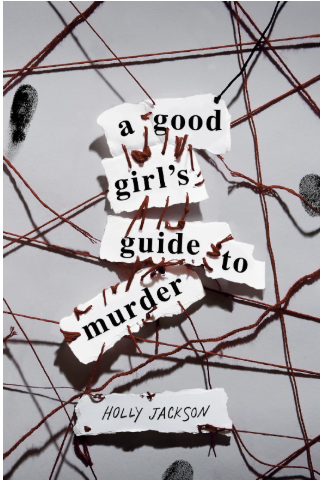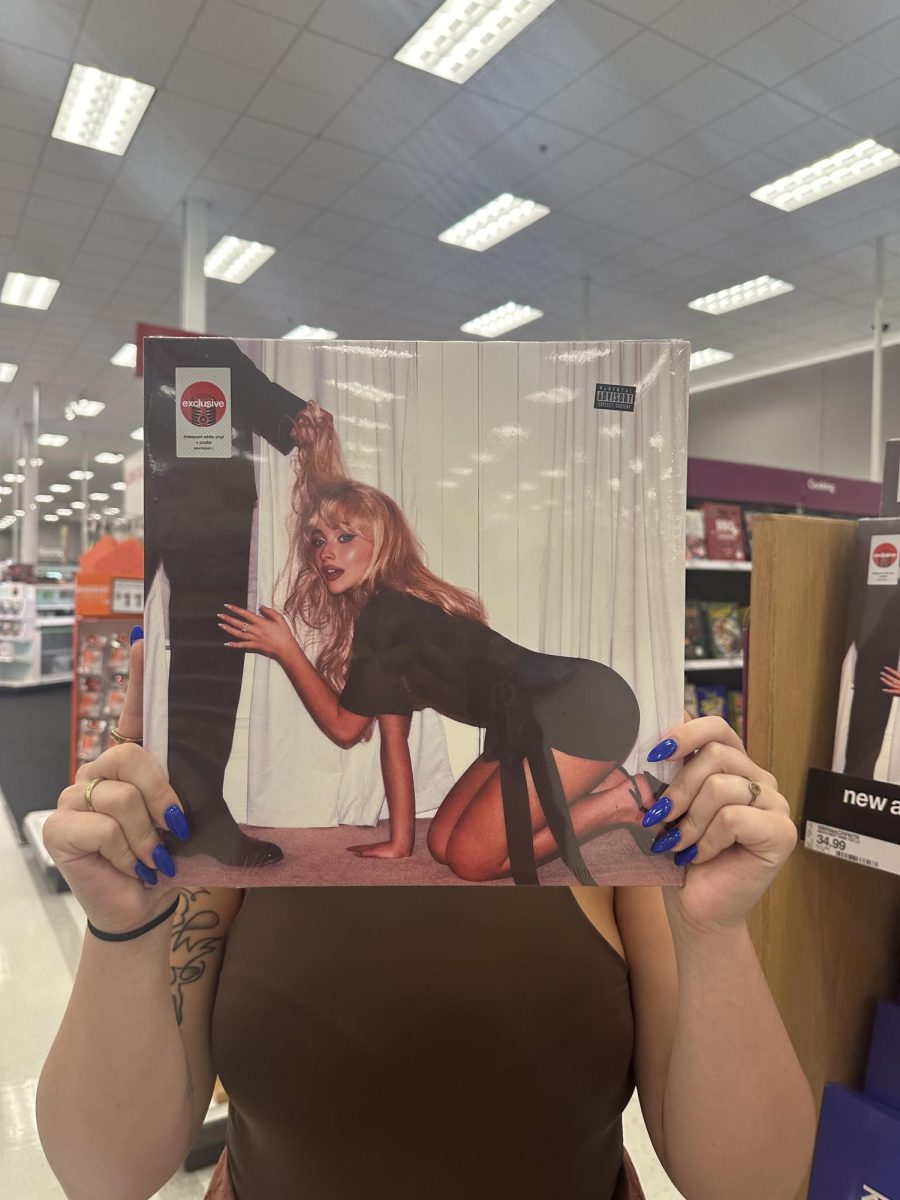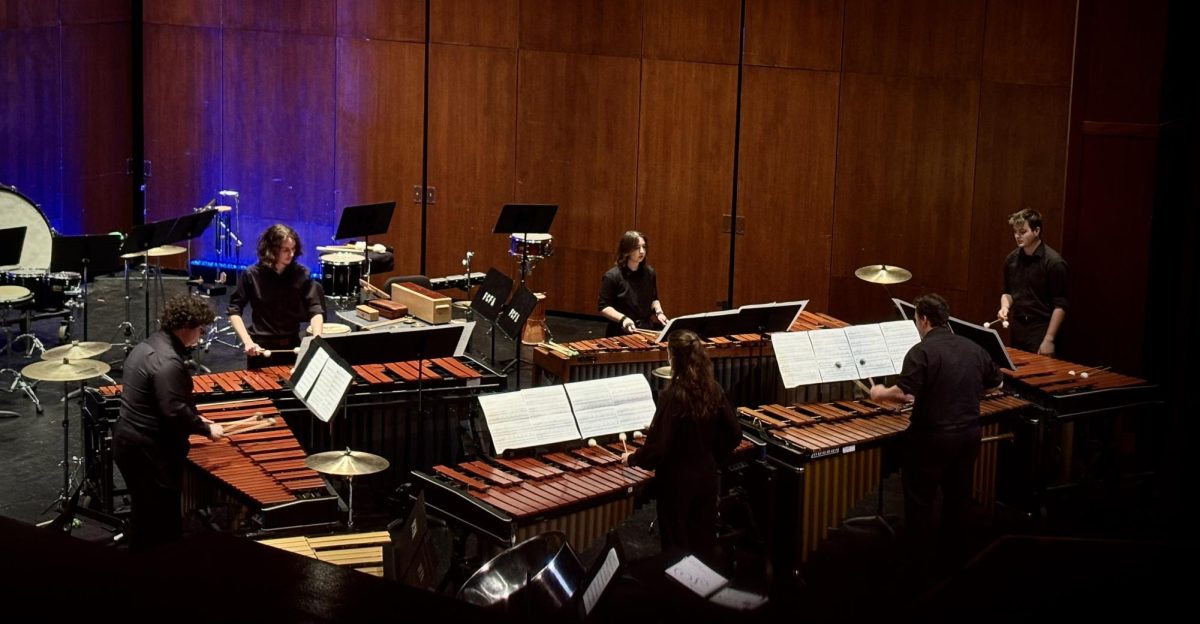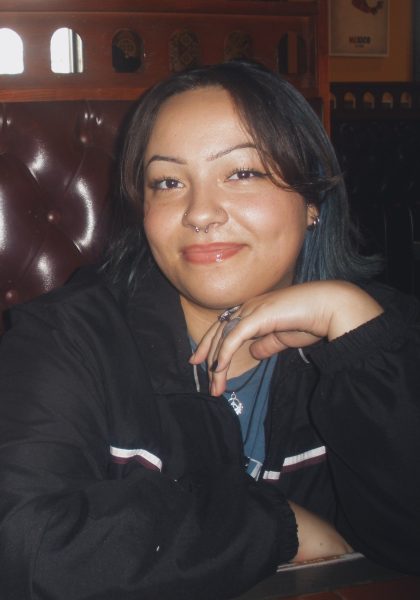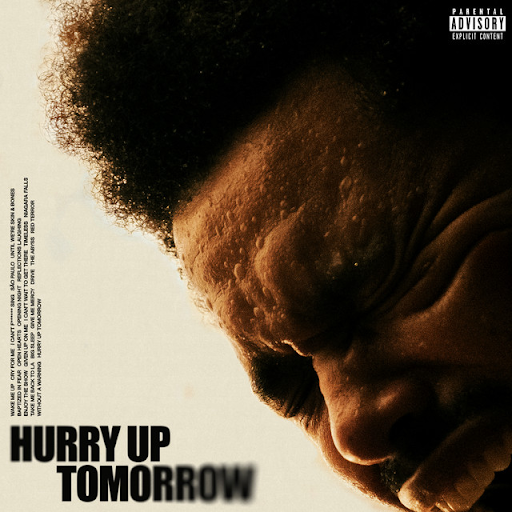
In a 2023 interview with W, the Weeknd claimed that Hurry Up Tomorrow would serve as a skin-shedding for his career: “The album I’m working on now is probably my last hurrah as the Weeknd,” he said. “I’ll still make music, maybe as Abel, maybe as the Weeknd. But I still want to kill the Weeknd.” The Weeknd released his longest album to date last Friday, marking the end of the second trilogy in his catalog. A follow up project to After Hours and Dawn FM is no easy task, but I was impressed with the work that went into this album.
Hurry Up Tomorrow begins with The Weeknd trapped in a state of cynical despair. Dark, doomsday-inspired synths and a pulsing heartbeat set the stage for lyrics that linger in isolation and flirt with the idea of death. But just before he sinks into hopelessness, his harmonies build to a crescendo, leading into an upbeat groove similar to Michael Jackson’s Thriller. It does not sound like a direct sample, but still a nice nod to the icon The Weeknd is often compared to. Both tracks share a love for the eerie, yet balance their darker themes with an undeniable danceable energy.
Hurry Up Tomorrow is packed with brief interludes that mirror the album’s themes of the emotional toll of touring. “I Can’t F****** Sing,” is a 12-second clip in which The Weeknd expresses frustration over losing his voice, a moment reminiscent of his experience during the end of the After Hours Til Dawn Tour nearly three years ago. Throughout the album’s first half, telephone chimes weave into “Opening Night,” another interlude where The Weeknd confronts his partner, calling her irrational for arguing with him on the opening night of his tour. The following track, “Reflections Laughing,” features his partner on the phone, pleading with him to take better care of himself while he’s on the road.
In this album, The Weeknd largely moves away from the flashy radio pop he’s mastered in favor of exploring more unconventional styles that challenge and expand his sonic range. A personal favorite of mine, “Reflections Laughing”, echoes the guitars of “Rolling Stone,” but adds anthemic power through choir-like vocals. Plus, I can always appreciate a Florence + The Machine feature, no matter how small.
The Weeknd has always had a knack for collaborating with amazing artists. Playboi Carti on “Timeless” and Lana Del Rey on “The Abyss” were two of the biggest standouts for me. None of the features on this album overshadow Abel, nor are they included without purpose.
Hurry Up Tomorrow is expertly structured, with the more bold, attention-grabbing tracks front-loaded in the first half, while the second half shifts to atmospheric, cinematic soundscapes. The album’s seamless flow is further enhanced by the smooth transitions between various interludes and songs, creating a cohesive listening experience from beginning to end. This was something I loved about Dawn FM and was glad to experience it again in this album.
The Weeknd’s voice has never been more striking than on Hurry Up Tomorrow. His vocal runs toward the end of “Take Me Back to LA” infuse an extra layer of emotion into an already intimate track. His falsetto blends flawlessly with the retro R&B vibes of “I Can’t Wait to Get There.” The album also offers subtle nods to his Trilogy era, with his deeper vocals on several songs serving as a final echo of his earlier sound.
What draws fans like myself to The Weeknd is his ability to tell a story. Hurry Up Tomorrow finishes the “After Hours” Trilogy with some mature storytelling. He ponders on reality in the opener, “Wake Me Up”, questioning if his demons are really chasing him or not. His anxieties take hold of him in “Baptized In Fear” and “Reflections Laughing”, where he questions whether he should give up his Weeknd persona, or continue to please his fans. He reflects on death in various forms, whether it’s the end of love in “Cry For Me” and “Open Hearts,” or his own mortality in “Enjoy The Show.” It’s both revealing and, frankly, a bit somber to hear him express such a sense of defeat (“I don’t wanna make it past thirty-four, and when the curtains call, I hope you mourn. But if you don’t, I hope you enjoy the f******’ show.”).
Things shift dramatically after “Take Me Back to LA,” where Abel reflects on his early dreams of moving to California and his childhood in Scarborough. From here, the album takes on a deeply introspective, almost self-aware tone. In the fittingly titled “Give Me Mercy,” he pleads for forgiveness, asking God to show him mercy for his past (“Give me mercy like you do and forgive me like you do, hope that you see me”). As the album progresses, he journeys toward “Tomorrow” in “Drive” and ultimately comes to terms with his fate in the title track.
This was a fantastic listen from start to finish, and one of few 20+ track albums that kept me wanting to continue listening. It really feels like a culmination of everything he’s worked on, building toward this cinematic finale. This grand conclusion was absolutely worth the wait and is undoubtedly one of my favorite albums of his to date.
